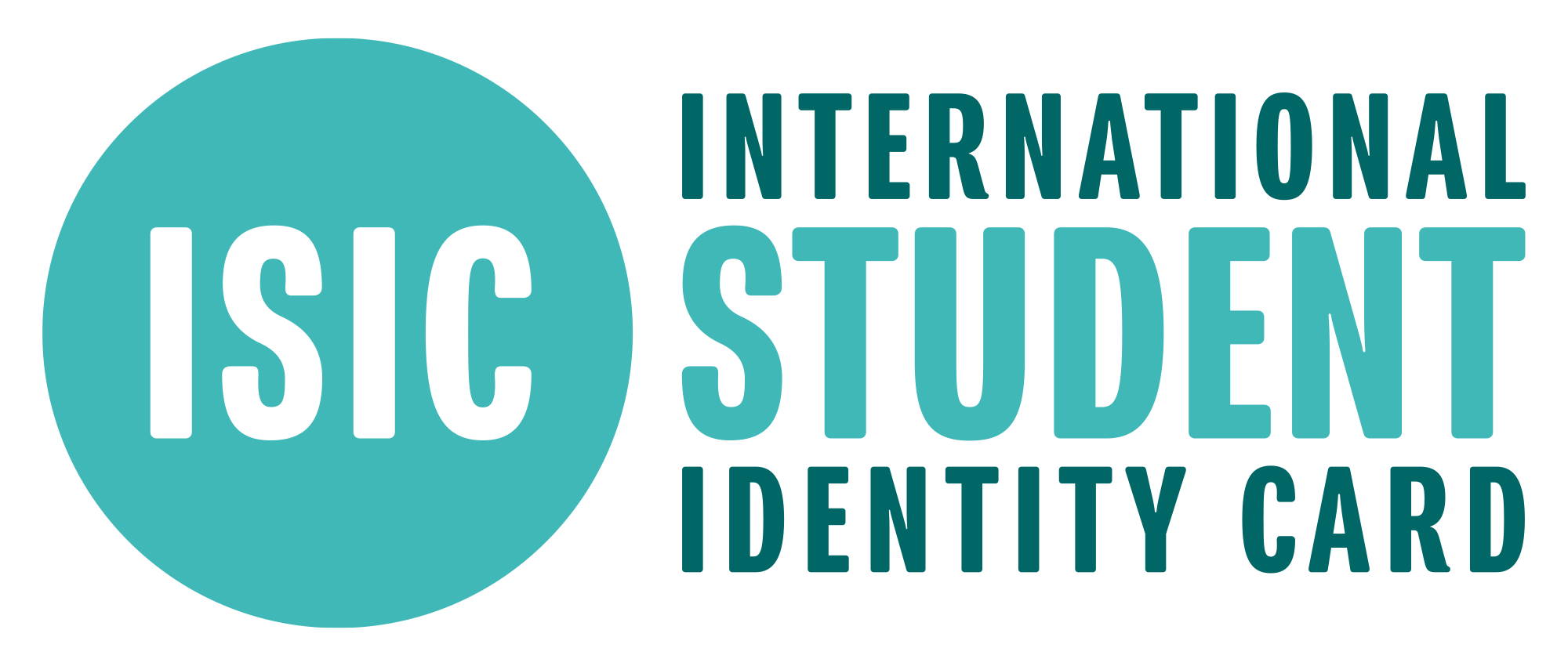
Moving to a new flat? There's a lot to remember! Check our list for the essentials you need to remember when you are moving to a new flat.
Checklist before moving to a new flat
Checklist before moving to a new flat
Whether you are moving from home for the first time or moving to a new city, a move often comes with some work. Many students also move to a new flat right before the start of the semester, and with many other things happening at the same time, it can be tough to keep track of everything. To help you out with settling to your new student home, we have a checklist for you here on the most important things you need to remember when moving houses.
Contract
Check your contract for your rent carefully. Make sure everything you've agreed on with your lessor to be included in the rent (e.g. water, internet, electricity) is mentioned in the contract. If you are moving into a flat share with your friends or other students, make sure you get a written contract where everyone in the household is included, and your expenses are clearly stated and divided. As you are the one(s) on the contract who will be responsible for the rent and possibly also other expenses, it's best to have your responsibilities written down and agreed upon by every party included. Make sure your contract also includes the responsibilities of your lessor; if something in the flat needs fixing, unless you've caused the damage, it is the lessor's responsibility to fix it.

Make sure your home is inspected
If you're moving into a rental property, go through the flat with your lessor and note, photograph and write down any damage that you can already detect in the flat. This way you will not be liable for any damages caused by the previous tenant.

Get home insurance
You have probably had home insurance when you have lived with your family before, but moving out to live on your own, you must get your new home insured yourself now. Many lessors also require you to have home insurance. Home insurances typically aren't super expensive, and sometimes there are great plans for students that also include travel insurance, insurance for your valuables (e.g. phone and laptop) and third party liability insurance that reimburses the damage you yourself caused in the home.
Change of address
You need to change your address when you move. Your school and the authorities may contact you via mail, and it's a great bother to not receive those letters in time. Not to mention that having an incorrect address can stop you from acquiring home insurance. Change of address is free in most countries, and you can do it either on your national post service's website or at the magistrate's office (online or offline).

Subscriptions and plans - Electricity, TV, internet etc.
An electricity contract is usually something the tenant has to take care of, especially if you are renting from a private lessor. It's also the contract you want to have in order well ahead before you move in. There are often good rates for fixed electricity contracts for 12-24 months, and it's a good idea to compare the prices online for different electricity companies. If you don't know where to start, you can ask your lessor what plan and from which company they or the previous tenant has had for the flat.
If TV and internet are not included in your lease contract, you need to find these plans and subscribe to them yourself, if you wish to have these services in your home. Many student housing agencies provide internet and cable TV to their residents, but private lessors may require you to acquire these plans on your own. There are often affordable internet plans available for a fixed period of 12-36 months, which may be a good option if you know you'll stay in your flat for a longer while. Many high-rises also have a broadband connection for the entire building complex to which you can chip in with a monthly or a yearly small fee.

Make a budget
Money is often tight for students and that's why it's important to keep track of the (little) money you have. Making a budget can facilitate your everyday life and help you get an overview of how much money you have left each month when you have paid rent, insurance and other essentials. This way you'll know if you have any buffer for surprising expenses (like your phone breaking), or any extra money you could put to savings or treat yourself to something nice with. With a budget you'll also be able to see if you are spending a lot of money per week or month to something you could drop completely or reduce significantly (take away coffee, for instance). There are great apps to help you follow your spending and budget - try Spiir for example for a easy, good visual view of your spending.

Get furniture
Decorating your apartment will make your everyday life much more enjoyable and easier and it does not have to cost you a fortune. Maybe you can bring over some furniture from your family home. It is also a good idea and great value for money to look for furniture on flea markets either online or offline; you can usually find furniture in good condition and suitable for your student needs. Chances are that your flat isn't huge either, so you don't need a lot of furniture to make your space work for you. A bed, a desk and a chair will get you to a fair start. A cabinet or a cupboard for your clothes and school supplies and a good reading light in addition and you've got the basics of a student flat covered.

 Get your ISIC card
NOK 100
Get your ISIC card
NOK 100
